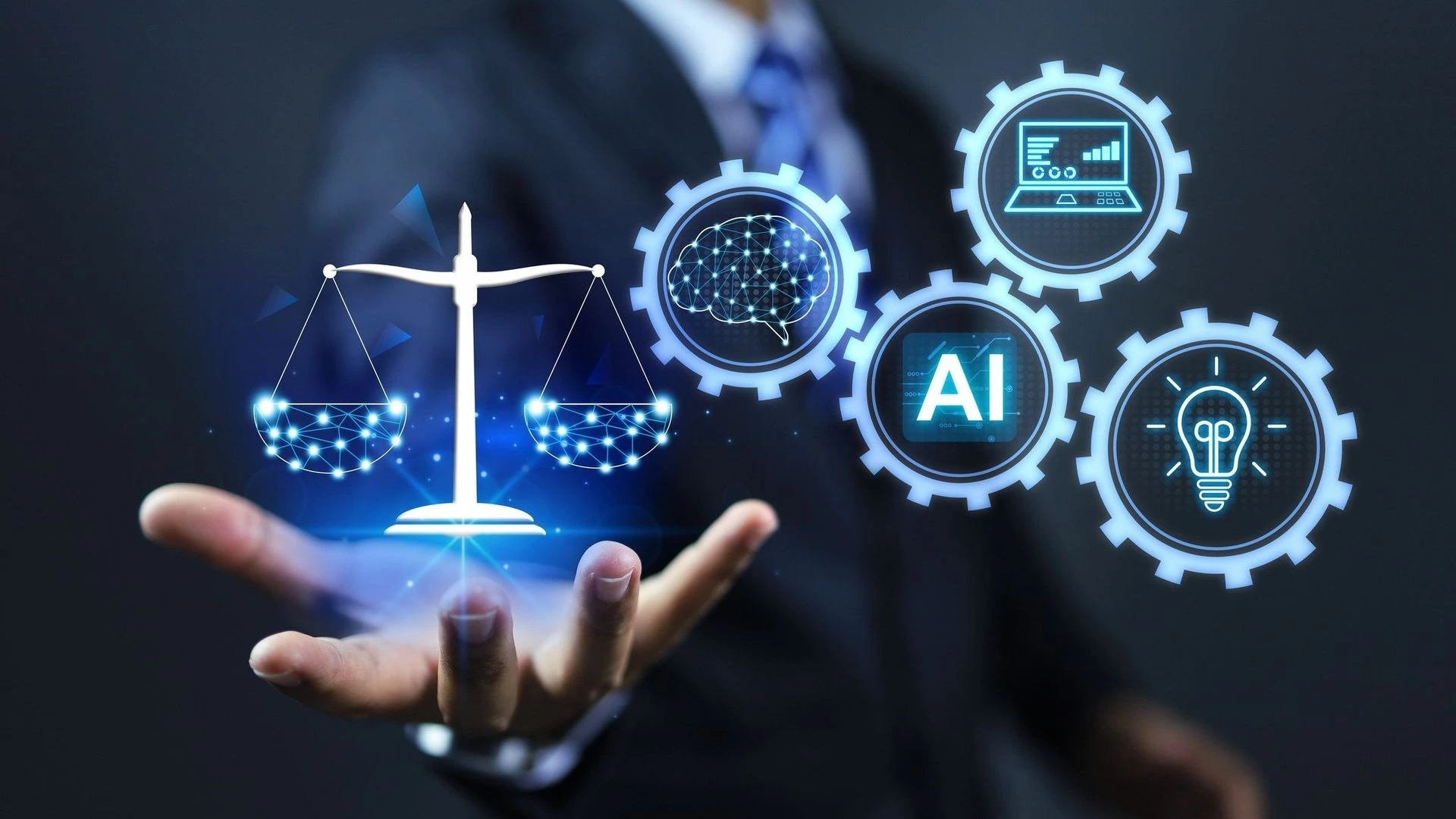In an era dominated by data and automation, algorithms shape everything—from the news we read to decisions about loans, jobs, and even prison sentencing. While their benefits are undeniable, so are the ethical dilemmas they present. At the heart of this conversation are two critical issues: bias and fairness.
What Are Algorithms and Why Do They Matter?
An algorithm is a set of rules or steps that a machine follows to solve a problem or make a decision. In a data-driven society, these algorithms influence:
- Search engine results
- Job applicant filtering systems
- Credit scoring
- Health risk predictions
- Social media content distribution
Why it matters:
Because algorithms make decisions faster than humans and often at scale, their impact is far-reaching. But these decisions aren’t always neutral.
Understanding Algorithmic Bias
Algorithmic bias occurs when a system produces results that are systematically prejudiced due to erroneous assumptions in the machine learning process.
Common Sources of Bias:
- Historical Data Bias – If data reflects past discrimination, the algorithm perpetuates it.
- Selection Bias – Biased data collection methods skew outcomes.
- Confirmation Bias – Algorithms reinforce existing beliefs, reducing diversity of information.
- Lack of Representation – Underrepresented groups may be inaccurately modeled.
Real-World Example:
In a now-infamous case, a recruiting tool by a major tech company downgraded resumes that included the word “women’s,” due to being trained on resumes from a predominantly male applicant pool.

Fairness: The Ethical Benchmark
Fairness in algorithmic systems means ensuring outcomes are just and equitable across different user groups.
Fairness Can Be Measured In Various Ways:
| Fairness Model | Description |
| Demographic Parity | Equal positive rates across all groups |
| Equal Opportunity | Equal true positive rates across groups |
| Individual Fairness | Similar individuals receive similar treatment |
| Counterfactual Fairness | Decisions stay the same in different demographic scenarios |
Each method has strengths and trade-offs. What works for healthcare may not apply to criminal justice.
Challenges in Achieving Fair Algorithms
While fairness is a noble goal, many practical challenges remain:
- Trade-offs Between Accuracy and Fairness
- Opaque “Black Box” Models
- Data Privacy Concerns
- Dynamic Nature of Data Over Time
Ethical Dilemma:
Can we afford to sacrifice precision in the name of fairness? And who gets to decide what “fair” means in a globalized, multicultural world?
The Role of Regulation and Governance
Efforts to address algorithmic bias have spurred new regulatory initiatives:
- The EU’s AI Act emphasizes transparency, safety, and accountability in AI systems.
- U.S. Federal Trade Commission (FTC) has issued warnings to companies using discriminatory AI models.
- Algorithmic Accountability Act (proposed in the U.S.) mandates audits of AI systems used in critical decisions.
Corporate Responsibility in Algorithm Design
Organizations must go beyond compliance to foster ethical AI environments.
Key Responsibilities:
- Transparency: Disclose how decisions are made
- Auditability: Regular bias audits
- Inclusivity: Diverse teams developing the algorithms
- User Agency: Allow users to contest or opt-out of automated decisions
Apache Plaza’s Perspective: Fostering Ethical Digital Futures
At Apache Plaza, we understand that technology is more than a tool—it’s a social force. That’s why we champion ethical conversations in digital society, such as those in Reimagining Urban Community, where the principles of fairness and equity are applied not just to cities, but to data systems shaping them.
Building Trustworthy Algorithms: Practical Steps
For engineers, policymakers, and society to create ethical algorithms, several actions must be taken:
1. Ethical Auditing
- Implement third-party evaluations
- Use open-source fairness toolkits like IBM’s AI Fairness 360
2. Bias Detection and Mitigation Tools
- Pre-processing techniques: Clean training data
- In-processing: Alter learning algorithms to be fair
- Post-processing: Adjust results to meet fairness criteria
3. Public Engagement
- Educate citizens about how algorithms work
- Create channels for feedback and redress

Comparing Bias Mitigation Techniques
| Technique Type | Description | Example Tools |
| Pre-processing | Modifies data before training | Fairlearn, AIF360 Pre-processors |
| In-processing | Changes learning algorithm itself | Adversarial Debiasing |
| Post-processing | Alters output after model makes predictions | Reject Option Classification |
How Individuals Can Advocate for Fair Algorithms
You don’t need to be a data scientist to influence change.
- Stay Informed – Read about AI ethics and bias
- Support Ethical Companies – Choose platforms that are transparent
- Use Your Voice – Advocate for stronger regulations and public audits
- Demand Clarity – Ask how platforms make automated decisions
Frequently Asked Questions (FAQs)
- What is algorithmic bias in simple terms?
Algorithmic bias occurs when a system makes unfair decisions due to skewed or incomplete data. - Can we ever make algorithms 100% fair?
Perfect fairness may be impossible, but continuous auditing and improvements can reduce harm significantly. - Why do algorithms need human oversight?
Humans bring ethical reasoning and accountability, which machines lack. - Are AI regulations being enforced today?
Yes. The EU and FTC are actively pursuing policies that enforce transparency and non-discrimination. - How can I check if an algorithm is biased?
Use fairness toolkits like AI Fairness 360 or consult independent audits published by responsible firms.
Conclusion
In a world where algorithms are the invisible hands guiding decisions, fairness and ethics must be central to their design and deployment. Algorithmic bias is not just a technical flaw—it’s a societal risk. To ensure these systems serve all people equitably, we need transparent governance, inclusive development, and a shared commitment to justice.
From policymaking to grassroots awareness, the path to ethical algorithms is one we must walk together. At Apache Plaza, we are proud to support initiatives that push these critical conversations forward—because the future is not just automated, it must be fair.




